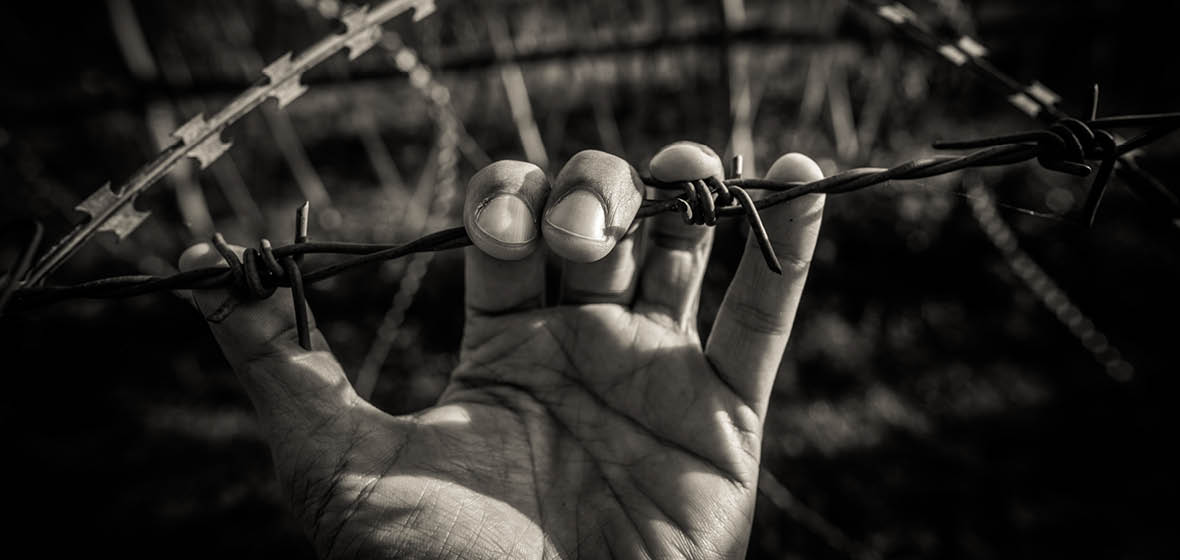Snapshot
- Australia will ratify the UN’s Optional Protocol to the Convention against Torture and Other Cruel, Inhuman or Degrading Treatment or Punishment by December 2017 and fully implement treaty obligations by December 2020.
- The OPCAT strengthens protection of the rights of persons in places of detention by subjecting the detention facilities of its State Parties to scrutiny by both the UN and a network of domestic inspectorates.
- Discussions between the Commonwealth and the States and Territories concerning arrangements for the network of domestic inspectorates are continuing, with the final implementation model expected to devolve responsibility to the states for inspecting detention facilities within their respective jurisdictions.
On 9 February 2017, federal Attorney-General George Brandis SC announced the Australian Government’s intention to ratify the United Nation’s Optional Protocol to the Convention against Torture and Other Cruel, Inhuman or Degrading Treatment or Punishment (‘OPCAT’) by December 2017.
The OPCAT is a treaty supplementing and adopting measures furthering the 1984 UN Convention against Torture (‘CAT’) by directing obligations under the CAT to the treatment of persons in places of detention. The UN General Assembly adopted the OPCAT by resolution on 18 December 2002 and the treaty entered into force on 22 June 2006 upon ratification by 20 State Parties. Ratification of an international treaty binds a State Party to domestic implementation of its treaty obligations, including in any domestic law as required.




